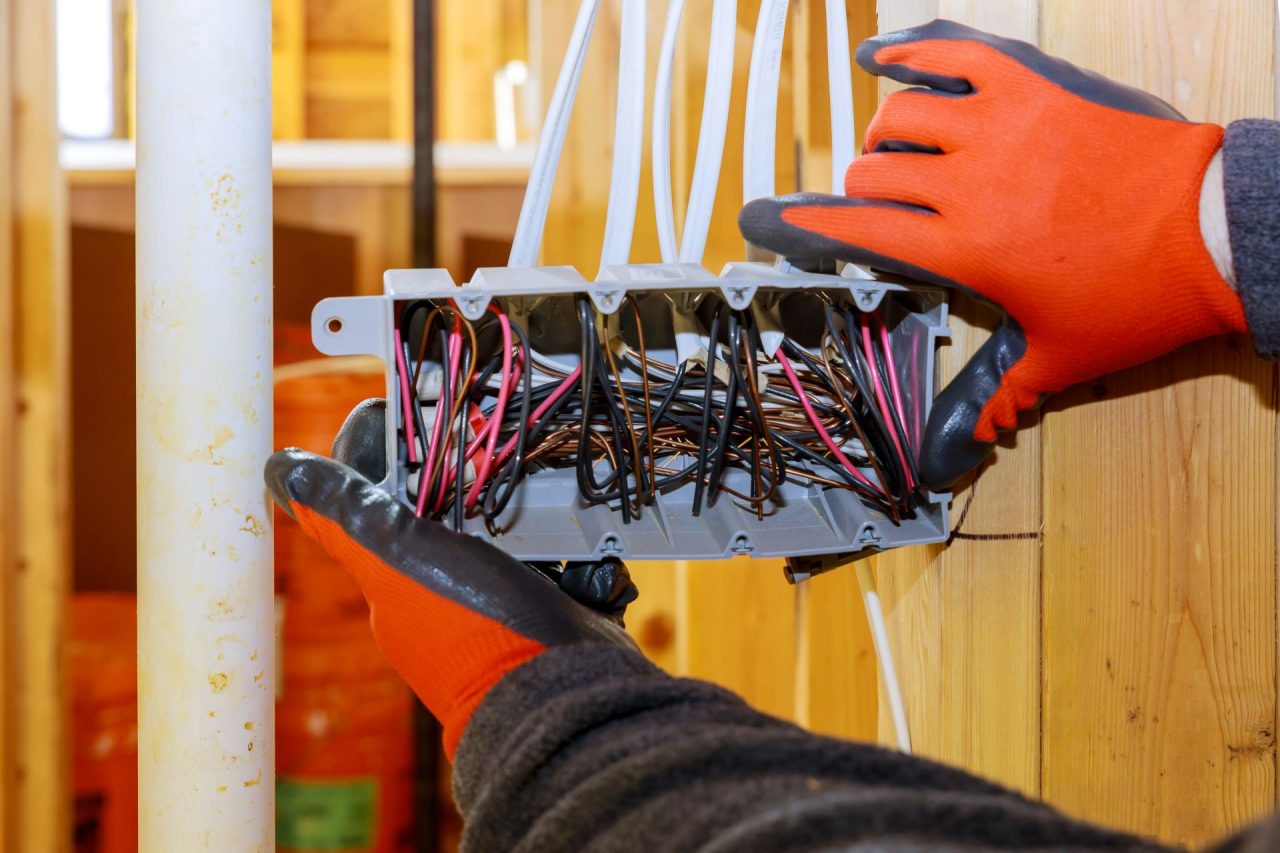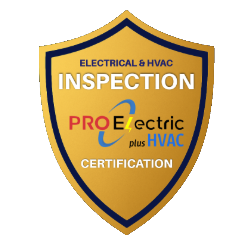More often than not, electrical safety failures in homes are serious business.
Electricity is something we take for granted when it comes to our homes.
A switch is flipped, an appliance plugged in and voila! But have you ever thought about the dangers that might be lurking behind those walls?
This article will uncover shocking truths about home electrical safety failures by looking at common causes, warning signs and best practices for keeping you and your loved ones safe.
Get ready – it’s going to be a bumpy ride!
Overloaded Circuits and Outlets
Overheating can occur if too many devices are plugged into one outlet or circuit which can lead to fire in some cases – so consider this:
- Stay aware of how many appliances are plugged into any single outlet.
- Employ surge protectors to control electricity flow better.
- Check regularly for indications of overheating or wear on outlets and cords
- Faulty Wiring
Wiring that has been poorly installed or damaged creates many problems regarding home electrical safety issues If you notice any of these things:
- Lights flickering or appliances malfunctioning;
- Buzzing noises coming from switches;
- Warmth around outlets; discoloration on light switches
Outdated Electrical Systems
As technology progresses so should your household’s electric system. An obsolete system may create issues such as:
- Modern appliances cannot be accommodated due to insufficient power supply.
- Electrical fires may be caused by old components.
- Increased energy consumption leading to higher bills.
Improper Grounding
Grounding is essential to electrical safety in homes because it provides a safe path for excessive electricity thus preventing shocks as well as protecting equipment from damage. These are common grounding problems:
- Wet areas (like kitchens) lack ground fault circuit interrupters (GFCIs).
- Outlets/appliances aren’t grounded properly.
- Missing or damaged grounding wires.
Warning Signs Of Electrical Safety Failures In Homes
Having discussed the typical offenders let us now look at what could signify there’s an electrical problem within your house:
- Fuses blowing frequently while circuit breakers keep tripping all over the place
- Appliances/outlets giving off burning smell
- Sudden unexplained power outages
- Sparks/arcs flying out of switches/outlets
- Appliances giving people shocks/tingles when touched.
How To Prevent Electrical Safety Failures In Homes
The best way to avoid electrical safety failures in homes is proactive prevention. Here’re some tips on how you can do just that:
Inspect your house’ electric systems regularly including sockets, wiring etc., Hire only licensed electricians who will handle repairs/wiring jobs throughout their lifetime use GFCI protection wherever there’s water involved install them properly ensure all grounds are used up Plug-in wisely don’t overload sockets with more than two devices at once connected through one adapter otherwise risk short-circuiting everything else connected here too!
FAQs
What Are Some Common Electric Safety Failures Found At Home?
Some common electric safety failures found at home include overloaded circuits/outlets faulty wiring outdated electric systems improperly grounded wires among others.
What Can Be Done To Avoid Electric Hazards At Home?
Periodically inspect the environment, hire certified technicians to replace aging infrastructure, install additional devices where necessary, ensure proper connection points are used throughout the premises, avoid overcrowding plugs/overuse of power strips, and prevent overheating risks associated with failure detection.
What are some signs of electrical safety failures?
Frequent blown fuses or tripped circuit breakers, burning smells from appliances or outlets, sudden power outages, sparks or arcs from outlets and shock or tingling sensations when touching devices can all be signs that there is a problem with your electrical system.
Is it safe to do my own electrical repairs?
It’s usually best to hire a licensed electrician for any kind of electrical work because they have the proper training and experience to make sure the job is done safely and correctly.
How often should I get my electrical system checked?
If you live in an older home or have had previous issues with your electricity, then it’s wise to get your wiring inspected every five years. Otherwise, once every ten will suffice.
In our energy-dependent world, we must understand how dangerous faulty wiring can be in residential areas.
Knowing what causes these problems allows us to spot warning signs early enough so that we can take action before anything happens
Don’t wait for something shocking!
Put yourself at risk by contacting PRO Electric LLC Master Electricians today about checking out your Northern Virginia electrical system.
Our highly trained staff will ensure everything meets standards while giving you peace of mind through their unmatched service. Why not call (703) 225-8222 now?
The next time we flip a switch let’s remember how important it really is – better safe than sorry when dealing with matters this electrifying!



